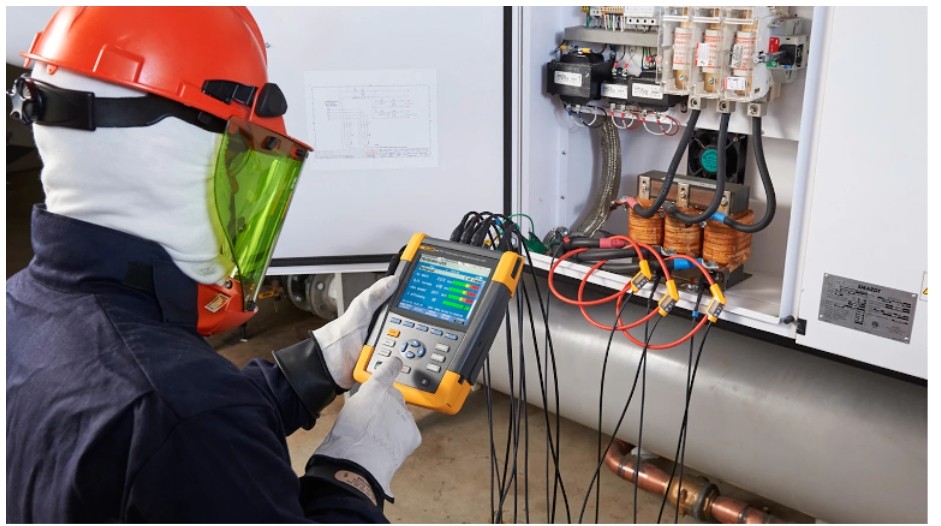Electrical safety is paramount in rental properties, ensuring both tenant well-being and compliance with legal standards. Regular electrical testing, verified through an Electrical Safety Test Certificate, plays a crucial role in maintaining safe living environments and preventing potential hazards. Let’s explore why electrical testing is essential and what it entails for landlords and property managers
Understanding Electrical Testing
Electrical testing involves thorough inspections and assessments of a property’s electrical systems. These tests are conducted to verify that all electrical installations, appliances, and circuits are functioning correctly and safely. They are typically performed by qualified electricians who have the expertise to identify any issues and recommend necessary repairs or upgrades.
Importance of Electrical Testing
- Safety Assurance: The primary purpose of electrical testing is to ensure the safety of tenants. Faulty wiring, overloaded circuits, and outdated electrical installations can pose significant risks, including electrical fires and shocks. Regular testing helps mitigate these risks by identifying and addressing potential hazards promptly.
- Compliance with Regulations: Landlords have a legal obligation to provide safe living conditions for tenants. Many jurisdictions have specific regulations and codes that govern electrical installations in rental properties. Regular testing ensures compliance with these standards, reducing the risk of legal liabilities and penalties.
- Preventive Maintenance: Electrical testing is a proactive measure that prevents problems before they escalate. By identifying and rectifying issues early, landlords can avoid costly repairs and disruptions to tenants’ lives. It also contributes to the longevity and efficiency of the property’s electrical systems.
Types of Electrical Testing
- Fixed Wire Testing: This involves testing the electrical wiring throughout the property, including sockets, switches, distribution boards, and lighting circuits. It ensures that wiring is safe and in good condition, identifying any signs of wear, corrosion, or overloading.
- Portable Appliance Testing (PAT): PAT testing focuses on electrical appliances provided with the property. It examines their safety and functionality, checking for faults that could lead to electrical hazards. PAT testing typically involves visual inspections and electrical tests conducted by qualified technicians.
- Emergency Lighting Testing: In properties with emergency lighting systems, regular testing is essential to ensure they function correctly during power outages or emergencies. This testing includes checks on battery backup systems and the illumination levels provided by emergency lights.
Frequency of Testing
The frequency of electrical testing may vary depending on several factors, including the type of property, its age, and local regulations. However, landlords are generally advised to conduct:
- Initial Inspection: Before renting out a property, an initial inspection should be performed to ensure all electrical installations meet safety standards.
- Periodic Inspections: Regular inspections, typically annually or every few years, depending on the property’s age and usage, help maintain electrical safety standards.
- PAT Testing: Portable appliance testing is recommended annually for appliances to ensure ongoing safety.
Conclusion
In conclusion, electrical testing is a critical aspect of ensuring safety in rental properties. Landlords and property managers play a vital role in maintaining electrical systems that meet safety standards and protect tenants from potential hazards. By conducting regular inspections, including fixed wire testing, PAT testing, and emergency lighting testing, landlords can identify and address electrical issues promptly. Companies like London Property Inspections, which provide landlord safety certificates, can help ensure these inspections are carried out professionally. This proactive approach not only enhances tenant safety but also reduces risks and liabilities associated with electrical failures. Ultimately, investing in electrical testing contributes to creating secure and compliant rental properties, fostering peace of mind for both landlords and tenants alike, If you want to stay updated with posts like this, please follow us on DigiFanzine.
